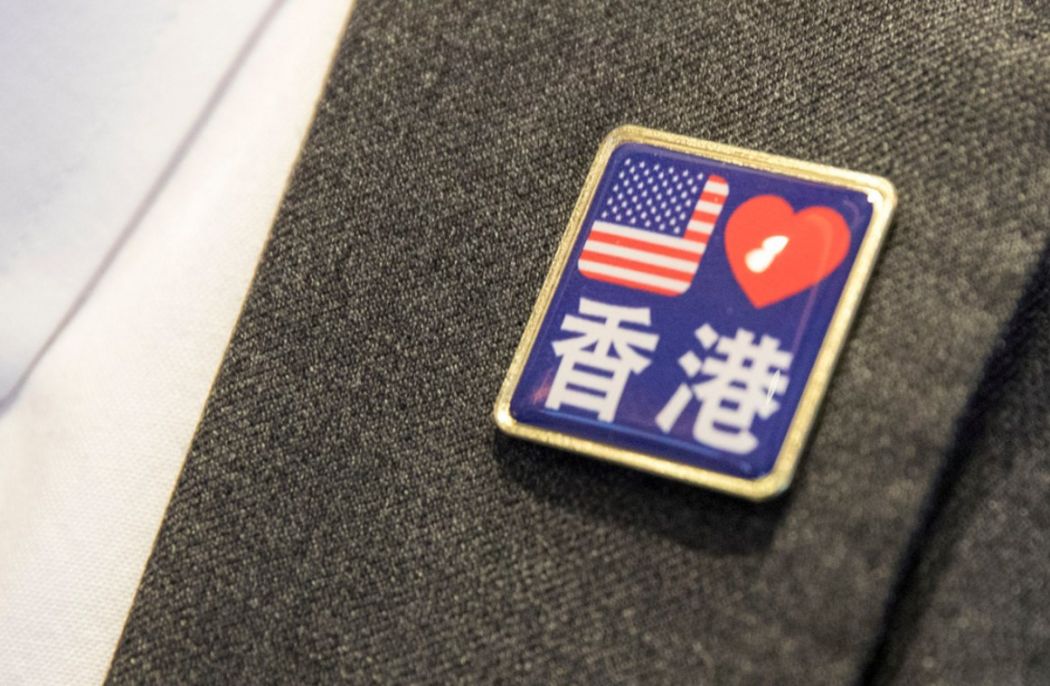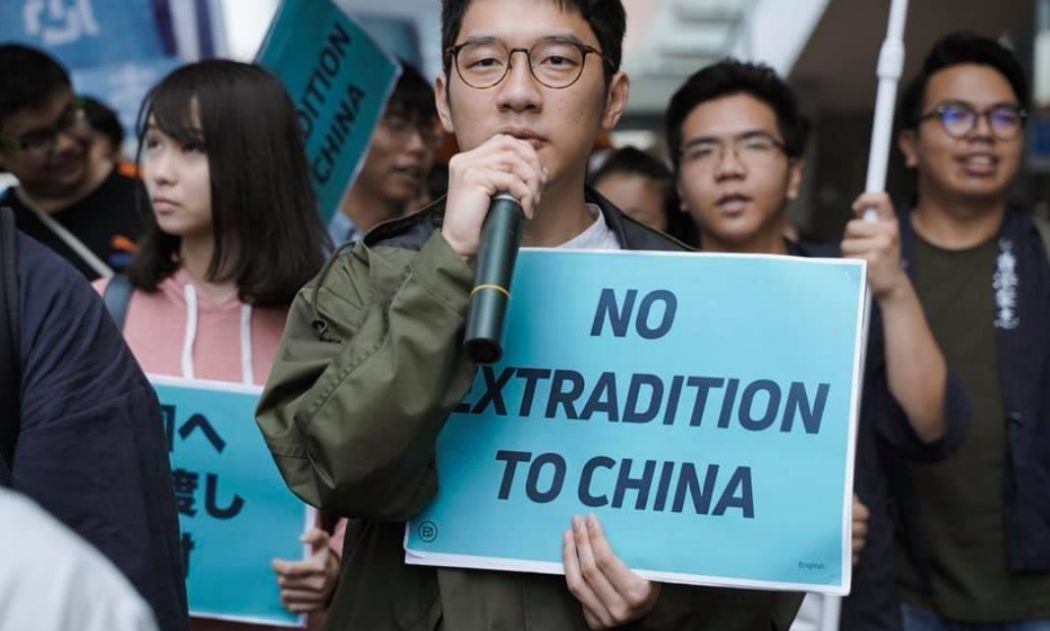Hong Kong’s proposed extradition law amendments could violate key provisions of the United States-Hong Kong Policy Act of 1992, which affords the city privileges in economic and trade matters relating to the US, according to a report from a Washington congressional committee. The rules allow Hong Kong to be treated as a separate territory to mainland China.
Tuesday’s report from the US-China Economic and Security Review Commission (USCC) said the proposals could breach provisions of the Act contingent upon Hong Kong’s autonomy under the One Country Two Systems framework, such as determining whether the city is “legally competent” to carry out its treaty obligations. These duties include ensuring US businesses can operate in Hong Kong according to applicable local and US law.

“The new arrangement would diminish Hong Kong’s reputation as a safe place for US and international business operations, and could pose increased risks for US citizens and port calls in the territory,” the report read. “If the bill passes LegCo, which is likely given the pro-Beijing majority, it would remove legal protections in Hong Kong that preserve its well-regarded rule of law and reputation as a global financial hub.”
Hong Kong’s government proposed amending rendition laws in February to allow the city to handle extradition requests, on a case-by-case basis, from jurisdictions where there are no prior agreements – most notably China and Taiwan. The new system would enable the chief executive and local courts to handle extradition requests without oversight from the legislature. The proposed extradition bill could reach a final vote before the current legislative period ends in July.
Chief Executive Carrie Lam has defended the proposals as necessary to plug a loophole in existing laws. The new plans were made in response to the murder of a 20-year-old Hong Kong woman in Taiwan last February. Hong Kong authorities arrested the woman’s Hong Kong boyfriend in the city but were unable to charge the suspect with murder in local courts. He has since been jailed on money laundering charges.

The USCC report highlighted recent moves to push through the proposal in the face of broad opposition from various sectors of society. In March, the American Chamber of Commerce expressed “serious concern” about the plan despite government concessions on nine white-collar offences.
On Monday, two legislators simultaneously claimed to be the lawful head of a committee to discuss the controversial extradition bill. The split led to pan-democrats convening their own bills committee meeting, which was considered unofficial by members of the pro-establishment camp and legislative administrators.
‘Serious risk’ to economic affairs
The United States-Hong Kong Policy Act of 1992 expresses support for the 1984 Sino-British Joint Declaration, which defines the city’s semi-autonomous nature. As such, Washington regards Hong Kong as a separate entity from mainland China when it comes to international commerce providing the territory is “sufficiently autonomous” to justify special treatment.
The Hong Kong government’s extradition bill proposed in April 2019 would allow extraditions to mainland #China, which could pose risks to US national security and economic interests in HK and potentially violate several key provisions of the US-HK Policy Act.
— US-China Commission (@USCC_GOV) May 7, 2019
The Act also says the privileges will be reconsidered if “the President determines that Hong Kong is not legally competent to carry out its obligations under any such treaty or other international agreement, or that the continuation of Hong Kong’s obligations or rights under any such treaty or other international agreement is not appropriate under the circumstances.”
But according to the USCC report, the government’s proposed extradition amendments would remove independent legislative oversight in the extradition process and expose the city to Beijing’s “weak legal system.”
“The proposed changes to Hong Kong’s extradition laws could create serious risks for U.S. national security and economic interests in the territory,” the committee wrote.
According to declassified files, Britain’s colonial government was opposed to extradition agreements between Hong Kong and China. The UK authorities cited Beijing as saying that its own domestic extradition laws were underdeveloped.

Hong Kong is home to an estimated 85,000 US citizens and over 1,300 US firms – about 300 of which base their Asia regional operations in the city, according to the US Department of State.
USCC said it was concerned the bill could allow Beijing to pressure the Hong Kong government to extradite US citizens under “false pretences.”
‘Consider alternative ports’
USCC said that in light of potential extradition risks to US Navy personnel in the territory during routine port calls, Washington could consider alternative ports for rest and replenishment in the region. The report did not provide any alternative port recommendations.

The USCC raised similar concerns over declining freedoms in an annual report published last November, citing a “troubling trend” of interference from the central government as grounds for reviewing its export control policy for civilian technology with dual military applications.
The Hong Kong Free Press #PressForFreedom 2019 Funding Drive seeks to raise HK$1.2m to support our non-profit newsroom and dedicated team of multi-media, multi-lingual reporters. HKFP is backed by readers, run by journalists and is immune to political and commercial pressure. This year’s critical fundraiser will provide us with the essential funds to continue our work into next year.

